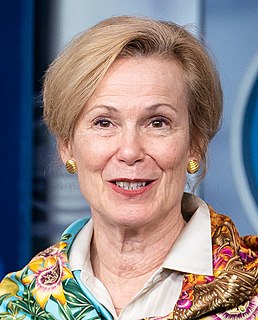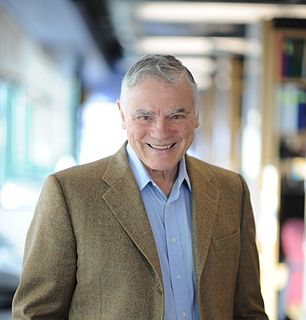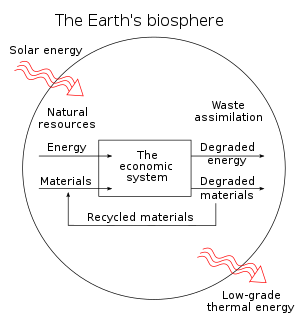A Quote by Andrew Weil
I'm not against high-tech medicine. It has a secure place in the diagnosis and treatment of serious disease.
Related Quotes
An important finding is that by determining the genome sequences of an entire family, one can identify many DNA sequencing errors and thus greatly increase the accuracy of the data. This will ultimately help us understand the role of genetic variations in the diagnosis, treatment, and prevention of disease.
It is time for the scientific community to stop giving alternative medicine a free ride There cannot be two kinds of medicine — conventional and alternative. There is only medicine that has been adequately tested and medicine that has not, medicine that works and medicine that may or may not work. Once a treatment has been tested rigorously, it no longer matters whether it was considered alternative at the outset. If it is found to be reasonably safe and effective, it will be accepted.
There are three types of disease: body disease, mind disease, and nervous system disease. When the mind is diseased, the whole body is diseased. The yoga scriptures say “Manayeva manu ? ? kara a bandha mok ayo (this verse may be transliterated incorrectly),” the mind is the cause of both bondage and liberation. If the mind is sick and sad, the whole body gets sick, and all is finished. So first you must give medicine to the mind. Mind medicine: that is yoga.
Medicine deals with the states of health and disease in the human body. It is a truism of philosophy that a complete knowledge of a thing can only be obtained by elucidating its causes and antecedents, provided, of course, such causes exist. In medicine it is, therefore, necessary that causes of both health and disease should be determined.



































